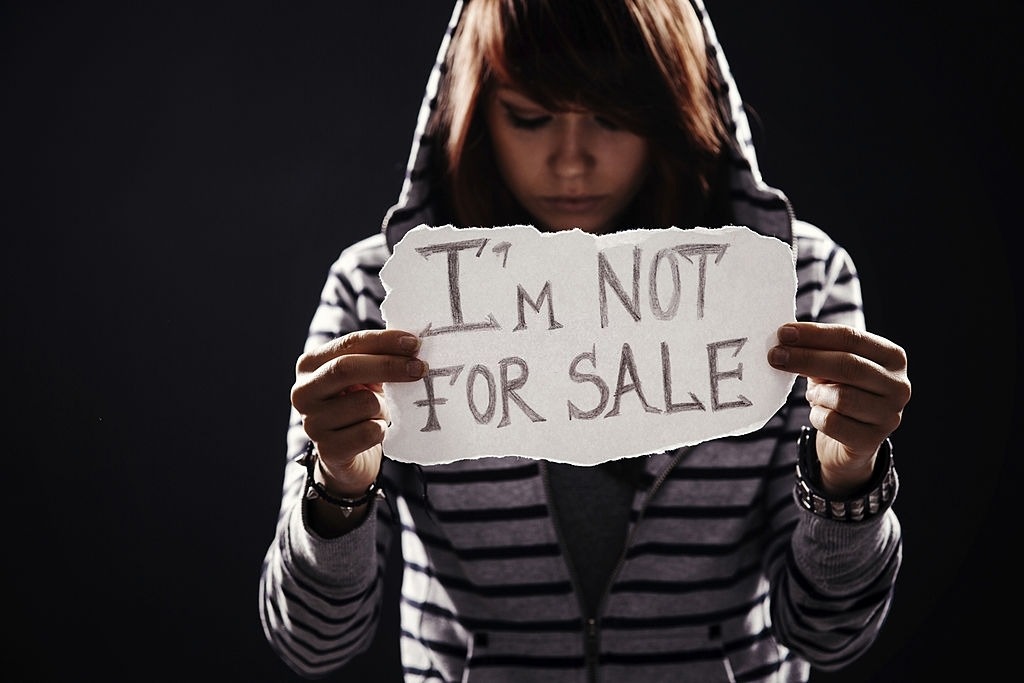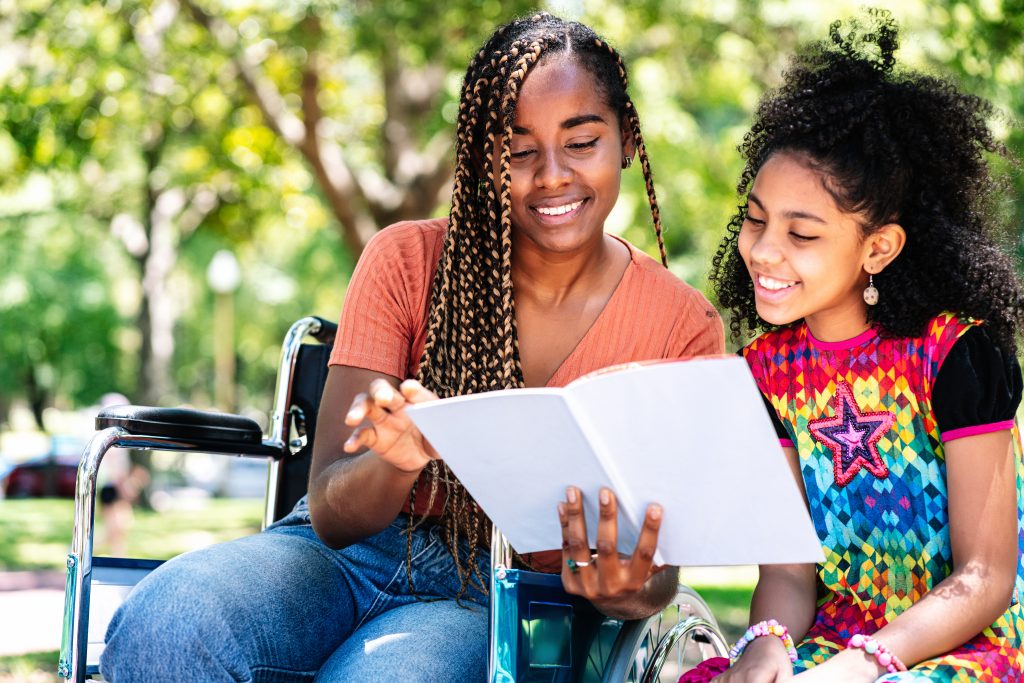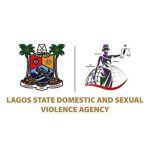Trafficking is define as the illegal trade or deal of something. History has shown that it has started in France since the 16th century(French Traffique), from there it gradually moved to Spain (Trafico) and then Italy which is also known as Italian Trafficko. The traffickers use their expertise in the manipulation and persuasion of their victims. Most often, the difficult conditions faced by the victims make them prey to falling victims as a result of desperation to be out of the difficulty. In this research we shall be able to answer the following questions. What is the cause of human trafficking in Nigeria? What is the effect on both the victims and the traffickers? And what is the way out?.
Human trafficking in Nigeria has started since the 60’s and became sound during the 80’s due to lack of unskilled manpower in most especially agricultural and other low skill jobs in the West. The country has therefore, been tagged as the leading African country in human trafficking owing to the population size. However, in 2016, out of the 181,000 migrants who arrived Italy through the Mediterranean, Nigerians accounted 21%. Nigerian human trafficking mostly occurs within the Nigerian borders, neighboring countries, and in many European countries because they can be able to ship women within a network for human trafficking to burst their market in the industry. Over 21,000 women and girls have been trafficked to Italy with 80% being likely victims of human trafficking. According to a report by Vie d’Uscita (Exit Routes) project, 64% of girls trafficked to Italy are Nigerians. Trafficking can be carried out in two ways, that is either internal (within the country) or external (outside the country). In this research we are going to lay emphasis basically on women.
Owing to Nigeria history of poor economic and financial issues, someone living in poverty, such as a widow or single mother who struggles to provide for her children, is desperate to meet a basic need, she is in a vulnerable position. A trafficker, familiar with this scenario, might offer her a job that enables her to feed her children. If this appears to be her only option, she may accept and be willing to do whatever the trafficker asks of her. Traffickers target unemployed individuals and often use deception to persuade them to leave home and take a job in another city or country. The position may initially sound promising, but once the individual arrives at the destination, it is often much different than what was described. To keep them from leaving, traffickers may confiscate their victims IDs. They might also pay for transportation, shelter, clothing, or food so their victims are indebted to them and feel obligated to work. War, political instability, and natural disasters can displace individuals or entire families. When people are forced to flee their homes and communities, they can experience financial hardship, homelessness, and culture shock. Children who have lost their parents, for example, are easy targets for traffickers. Without a safe place to call home or a guardian to provide for and protect them, these children become vulnerable to abuse, unfair treatment, and trafficking. Inexperience may lead individuals down a path that ends in exploitation. A teenager who is approached by a trafficker may accept an attractive job offer, seeing it as a great opportunity at such a young age. An immigrant who arrives in a foreign country may not understand his or her rights, may be unfamiliar with the nation’s laws, or may not know the national language. A trafficker will quickly take advantage of these types of situations. Individuals who are cast out of their homes, abandoned, or placed into the child welfare system are highly vulnerable to human trafficking. Runaways, youth experiencing homelessness, and those who live in isolation are often targeted. When someone feels alone or unloved or has been abused in the past, they may be willing to take great risks. They may feel as though they have little to lose or may even find comfort living with their trafficker. Some traffickers offer love and acceptance to lure individuals to work for them. In some societies, it’s widely accepted to devalue and abuse women and children. A parent may be willing to sell a daughter and send her into a world of exploitation. Some girls and women may leave home willingly if they’ve been raised to believe they are unequal to men or have few opportunities for work and advancement in their own communities. In traditional cultures where arranged marriages are common, girls are sometimes forced into child marriage, which can also be identified as a form of human trafficking.
EFFECTS OF HUMAN TRAFFICKING ON THE VICTIM
- MENTAL TRAUMA: “Because traffickers dehumanize and objectify their victims, victims’ innate sense of power, visibility, and dignity often become obscured.” Victims of human trafficking can experience devastating psychological effects during and after their trafficking experience. Many survivors may end up experiencing post-traumatic stress, difficulty in relationships, depression, memory loss, anxiety, fear, guilt, shame, and other severe forms of mental trauma.
- PHYSICAL TRAUMA: Many victims also experience physical injuries. Those who have been sexually exploited are often abused by their traffickers and customers. They may be raped, beaten, and subjected to abuse over a long period of time. There is also a higher risk of contracting sexually transmitted diseases, infections, diabetes, cancer, and other illnesses. A lack of proper medical care allows these conditions to spread and worsen—often affecting an individual’s health permanently. Victims of forced labor may work in dangerous conditions for long hours doing repetitive tasks. They may also be exposed to dangerous contaminants or work with heavy equipment. As a result, many are subjected to serious infections, respiratory problems, injuries, impairments, and exhaustion.
- LACK OF INDEPENDENT LIVING SKILLS: Many victims who escape a trafficking situation has no advanced education and the resources needed to live independently. They may not understand laws in the country where they now reside or may not speak the language. They may have been trafficked at a young age and were unable to attend school or go to college. After being confined to the same job for a long period of time and not being allowed to learn new skills, victims can become dependent. When the time comes, they may have a hard time living on their own.
PREVENTION AND PROTECTION
Nigeria as a state has not fully meet the minimum standard for the elimination of trafficking but it is making significant efforts to do so. The government has shown concerted effort compared to the previous report. Nigeria has been described by research as the source as well as the transit point for human trafficking In an approach to curb this carnage, the government has introduced NAPTIP an agency saddled with the responsibility of prohibiting and restoring the victims back to normal life. In other to curb the adverse effect, NAPTIP has introduced grassroot program and held it first campaign 2009 in the states with the high number(s) of women trafficked (Edo, Benue, Kogi,) with the sole aim of educating them on the adverse effect of human trafficking and the need to shy away from it. The country has been encouraging the involvement of non governtal organisation(s) in the quest to bring to the bearest minimum the issue of human trafficking, the Nigerian government has been working assiduously with the customs, immigrantion, Police Officer and National Agency for the Prohibition of Traffic In Person (NAPTIP) in identifying the most at risk (women and girls) travelling with non family members. NAPTIP has through it facility provided shelter for over a thousand that have been rescued from the traffickers. They were then educated and thus helped in the restoration of victims. The next phase the government is working on is establishment of an Academy for the Prevention of Human Trafficking which will focus on training, research, advocacy, counselling and publications.








